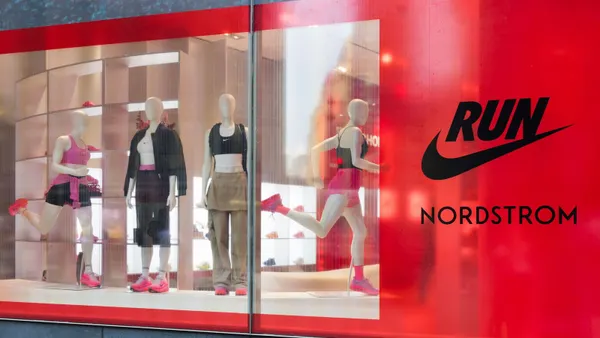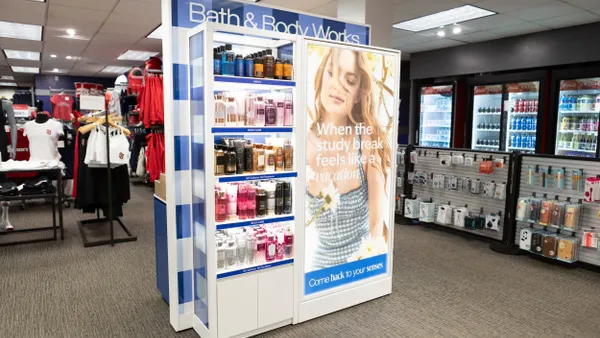Dive Brief:
- As companies invest heavily into the metaverse, a Gartner report released on Monday predicts that 25% of people will spend at least one hour a day in the metaverse to work, shop, attend school, socialize or consume entertainment by 2026. The prediction was based on interactions with vendors and end-users, as well as "the tracking of M&A, investments and product releases" in the space, Marty Resnick, research vice president at Gartner, told Retail Dive.
- Gartner warned against organizations investing too much in one specific metaverse component because the adoption of metaverse technologies is early and disconnected.
- The company anticipates that digital currencies and nonfungible tokens will be used in the metaverse as a virtual economy. Now that virtual events have become popular during the COVID-19 pandemic, Gartner expects that hosting online events in the metaverse will offer "more collaborative and immersive networking opportunities and workshops."
Dive Insight:
Though the full picture of the metaverse remains opaque, retailers are staking their claim on it early.
In December 2021, Forever 2021 partnered with Roblox to enable customizable virtual stores on its gaming platform. Walmart that same month filed multiple trademark applications pertaining to virtual products like sporting goods, toys and furniture, along with downloadable software for managing crytocurrency portfolios or establishing an electronic wallet.
As retailers gear up to participate in the metaverse economy, tech companies are pouring millions of dollars into constructing the metaverse. Meta, Facebook's parent company, announced that it would invest $50 million to create a metaverse in which users could communicate with others in a virtual environment. Microsoft announced plans to acquire Activision Blizzard, Inc. last month to grow its gaming operations across mobile, PC, console and cloud games as well as build the infrastructure for the metaverse, according to a company press release.
Though Gartner's report predicts that the metaverse will not take shape for a few years, research suggests that consumers are somewhat aware of the forthcoming digital environment that retailers and tech companies are trying to create. A report from Wunderman Thompson Intelligence found that 38% of consumers internationally have heard of the metaverse concept.
"It is still too early to know which investments will be viable in the long term, but product managers should take the time to learn, explore and prepare for a metaverse in order to position themselves competitively," Gartner's Resnick said in a statement.
As the coronavirus pandemic halts the return of in-person events, marketers have looked to metaverse technology for creating engaging virtual events. Some anticipate that metaverse technology will also offer marketers the chance to reach consumers while complying with privacy regulations.













